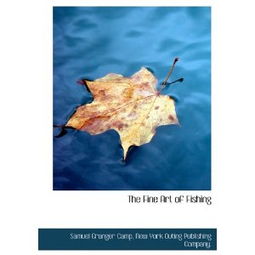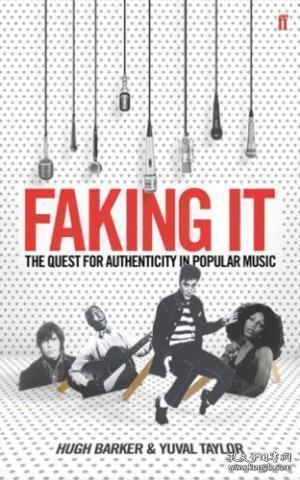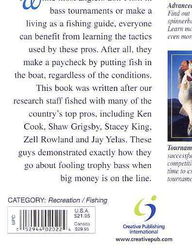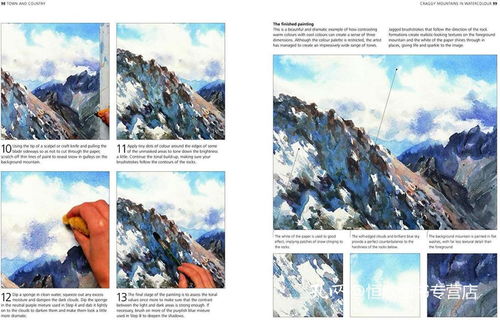Content:
In the hustle and bustle of daily life, many of us dream of escaping to the tranquility of the water, casting our lines into the unknown, and reeling in a catch that symbolizes our connection to nature. Whether you're a seasoned worker looking for a new hobby or a weekend warrior eager to explore the world of angling, learning the tricks of the fishing trade can be a rewarding and enjoyable pursuit. Here's a comprehensive guide on how the everyday worker can master the art of fishing.
Start with the Basics
Before you can become a proficient angler, it's crucial to understand the fundamentals. Here are some essential steps to begin your fishing journey:
- Familiarize Yourself with Equipment: Learn about different types of fishing rods, reels, lines, hooks, and lures. Each piece of equipment serves a specific purpose and understanding how they work together is key to success.
- Choose the Right Location: Research and select a fishing spot that suits your interests and skill level. This could be a local lake, river, or even a nearby beach. Look for places that offer beginner-friendly conditions.
- Understand Local Regulations: Make sure you're aware of any fishing regulations in your area, including fishing seasons, size limits, and bag limits. Compliance with these rules is not only legal but also ensures the sustainability of fish populations.
Invest in Quality Equipment
Don't skimp on your gear. As the saying goes, "You're only as good as your tools." Here's what you'll need to get started:

- Rod and Reel: A basic spinning rod and reel combination is a great place to start. As you progress, you may want to invest in a specialized rod for specific types of fishing.
- Line: Choose a line that's appropriate for the type of fish you're targeting. Monofilament is versatile and easy to work with for beginners.
- Hooks and Lures: A variety of hooks and lures will allow you to experiment with different techniques. Start with a few basic options and expand your collection as you grow more experienced.
Learn from the Pros
Seek out opportunities to learn from experienced anglers. Here are some ways to do so:
- Join a Local Club: Many communities have fishing clubs or organizations that offer classes, workshops, and social events for anglers of all levels.
- Watch Online Tutorials: There are countless free resources available online, including instructional videos and guides that can help you learn new techniques and strategies.
- Ask for Advice: Don't hesitate to ask friends, family, or fellow anglers for tips and advice. Personal insights can be invaluable when you're just starting out.
Practice Patience and Persistence
Fishing is a sport that requires patience and persistence. Here are some tips to help you stay focused and motivated:
- Start Early: Early morning or late evening are often the best times to fish, as fish are more active during these periods.
- Stay Committed: Make a habit of going fishing regularly. The more you practice, the better you'll become.
- Keep a Journal: Document your experiences, including what worked and what didn't. This can help you identify patterns and improve your technique over time.
Develop a Technique
Once you have a basic understanding of the equipment and have practiced your casting, it's time to develop a fishing technique:
- Casting: Learn how to cast effectively without snagging the line or losing your lure. Practice different casting techniques, such as the overhead cast and the sidearm cast.
- Baiting: Understand how to rig your hook with bait or lures. Experiment with different methods to see what works best for the fish you're targeting.
- Trolling and Still Fishing: Trolling involves moving your boat and your line through the water, while still fishing involves keeping your line stationary. Both techniques have their merits and can be effective depending on the situation.
Respect the Environment
As a responsible angler, it's important to respect the environment and the fish you're targeting:
- Release Fish: If you're not planning to keep a fish, make sure to release it gently and carefully to minimize stress.
- Leave No Trace: Pack out all trash and be mindful of your impact on the natural environment.
- Follow Catch and Release Practices: If you're releasing fish, learn proper catch and release techniques to ensure the fish's survival.
By following these steps, even the busiest worker can learn the art of fishing and enjoy the many benefits it offers. From the relaxation it provides to the sense of accomplishment that comes with catching your first fish, fishing is a hobby that can enrich your life and provide a much-needed escape from the daily grind. So, gear up, cast your line, and let the adventure begin!












